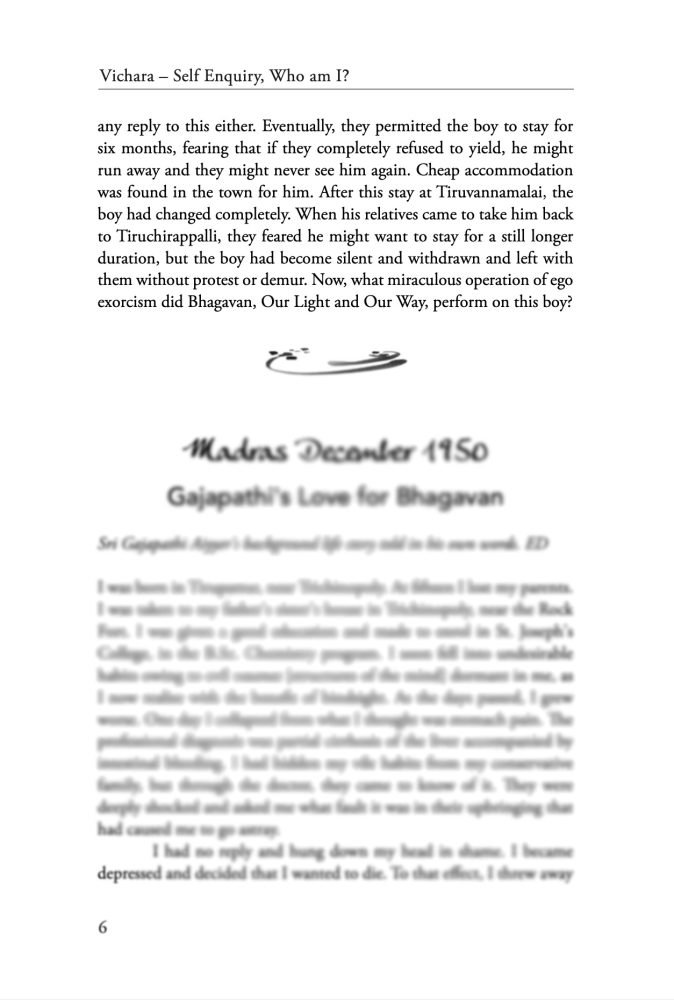New Book
about Sri Ramana Maharshi's Teachings on Self Enquiry
Vichara
Self Enquiry – Who am I?
New Book about Sri Ramana Maharshi

“The pristine, pure mind of the Master that speaks through this profound volume is bound to bring us to an awakening into the most obvious yet hidden truth of our own existence.”
Pravrajika Divyanandaprana
Sri Sarada Math, Ramakrishna Sarada Mission, in Delhi
NOW Available as Book and Ebook.

OPEN SKY PRESS
Vichara – Self Enquiry
A Selection of Self Enquiry Teachings
based on the 1936 Diary by Sri Gajapathi Aiyyer
Vichara offers a fresh and focused exploration of Bhagavan Sri Ramana Maharshi’s most profound teaching: Self-enquiry. It also provides an intimate glimpse into life at the Ramana Ashram in 1936, a period when Bhagavan’s teachings also began reaching Western seekers.
Following the success of the first volume, Aham Sphurana – A Glimpse of Self-Realisation, this second volume delves deeper into the practice of Self-enquiry, which Bhagavan described as the fastest and most direct path to Self-realisation. Through a careful selection of his teachings, Vichara reveals how Self-enquiry dissolves the ego, bringing the seeker face-to-face with their True Nature. This book stands out as an essential guide of timeless insights into Bhagavan’s most potent path to the Self, unlocking the transformative power of Self-enquiry.
In 1936, at fifty-six years old, Bhagavan Sri Ramana Maharshi was a vibrant and active Master, embodying pure Self-knowledge. Born in 1879, he is one of the most renowned and recent of India’s great Sages, Saints, and Spiritual Masters. At just sixteen, he experienced a spontaneous awakening, leaving his home inMadurai to live at the sacred mountain of Arunachala in Tiruvannamalai, where he taught and guided seekers until his passing in 1950. His luminous presence shines through this profound book, offering transformative wisdom for those on the path to spiritual awakening.
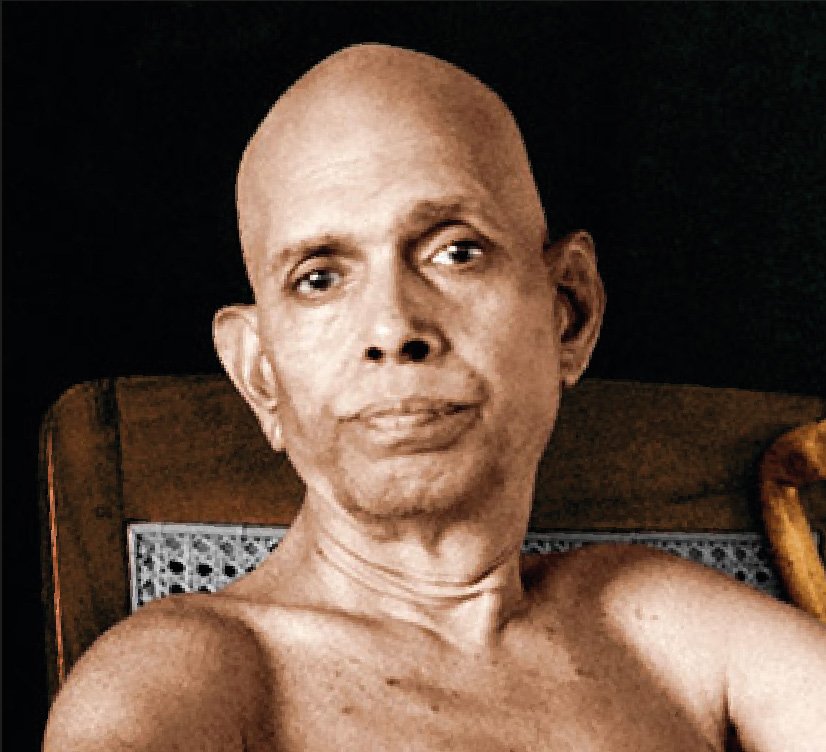
‘All methods, if persevered long enough, eventually lead up only to Vichara. ... Vichara begins to have significant effect after the aspirant is able to plainly distinguish between the inward-turned and outward-turned mind, avoids the latter, and dwells instead in the former. As soon as he observes that his mind is wandering. Start with the practice. The rest is automatic and it is only a matter of time before the mind is annihilated in the Heart.’
Bhagavan Sri Ramana Maharshi
Foreword
By Pravrajika Divyanandaprana

Pravrajika Divyanandaprana from the Sri Sarada Math, Ramakrishna Sarada Mission in Delhi has written a Wonderfull foreword for the book. She is a respected teacher and spiritual guide, specialising in Yoga-Vedanta and the teachings of Sri Ramakrishna & Sri Sarada Devi.
Here an excerpt from her foreword:
“The secret of Jnana is Bhakti. Unselfish love, motiveless, incessant, intransigent love, is the key that unlocks the gate of the Heart once and for all.”
That immortal love which swallows up all the cares and worries of life and liberates the mind unasked, comes into the life of the sincere aspirant as the very fruit of Jnana. The Jnani radiates this divine love by his very presence and purifies and unifies our divided world. This book in the hands of the reader is a work of such power. The pristine, pure mind of the Master that speaks through this profound volume is bound to bring us to an awakening into the most obvious yet hidden truth of our own existence. Om Sri Ramanaya Namaha
More Excerpts
Taken from the new book ‘Vichara’
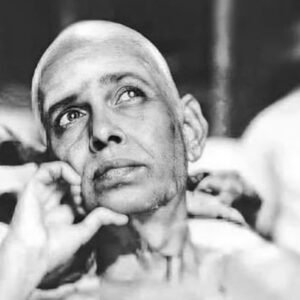
Rooting Out the Ego and Persevering on the Path
Root out ego directly, persevere endlessly despite obstacles, and realise you never left the summit of pure Being.
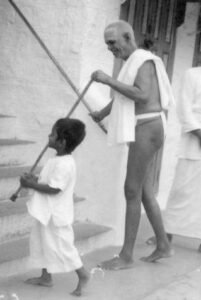
Danger of Emptiness [shunyastithi]
Bhagavan warns that mistaking emptiness for Jnana is a deadly trap, delaying true realization and making recovery a challenging path.
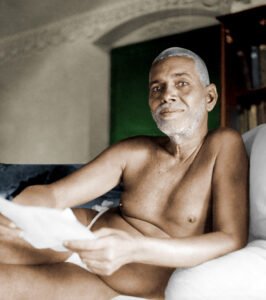
BE As You Are
Realization is simply BEing as you ARE. Through persistent vichara, Grace shines forth until seeker and seeking both dissolve.
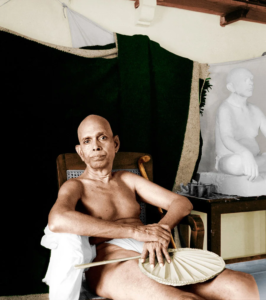
Ripe Souls Attain Jnana
The Jnani’s silent presence works like a magnetic force, effortlessly turning ripe minds inward, leading to natural, thought-free peace.
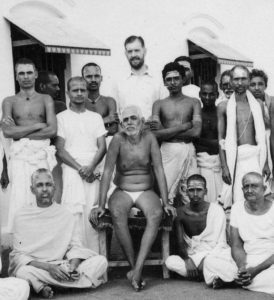
How we Sabotage Vichara
Sabotage ends when we discard the ‘I’ that strives for Realisation, resting in pure Subjective Consciousness, free from identification.
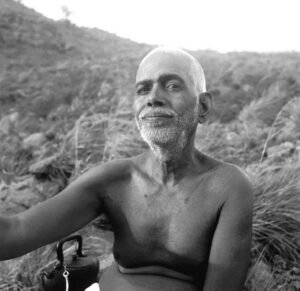
Am I doing Vichara Correctly?
Correct vichara is confirmed when Aham Sphurana shines forth spontaneously, unmistakably felt as direct experience of the Self.
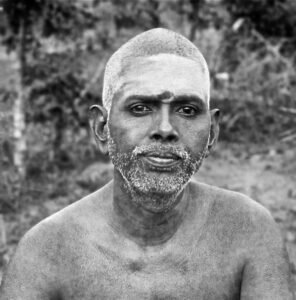
Sex and the Self
Sex offers a taste of no-mind bliss, creating addiction as the ego craves this momentary experience of pure Being.
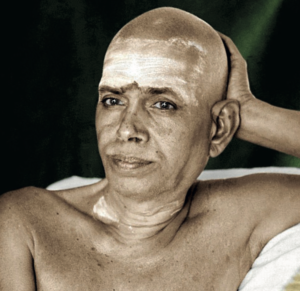
Complete Cessation of Mental Activity
Only the complete, motiveless cessation of mental activity reveals the Self, showing the personal ‘I’ never truly existed.

The Secret of Jnana is Bhakti
Jnana is Bhakti: Pure, uncaused Love. Not practised, but revealed when thoughts dissolve, merging seeker and Love as One.





